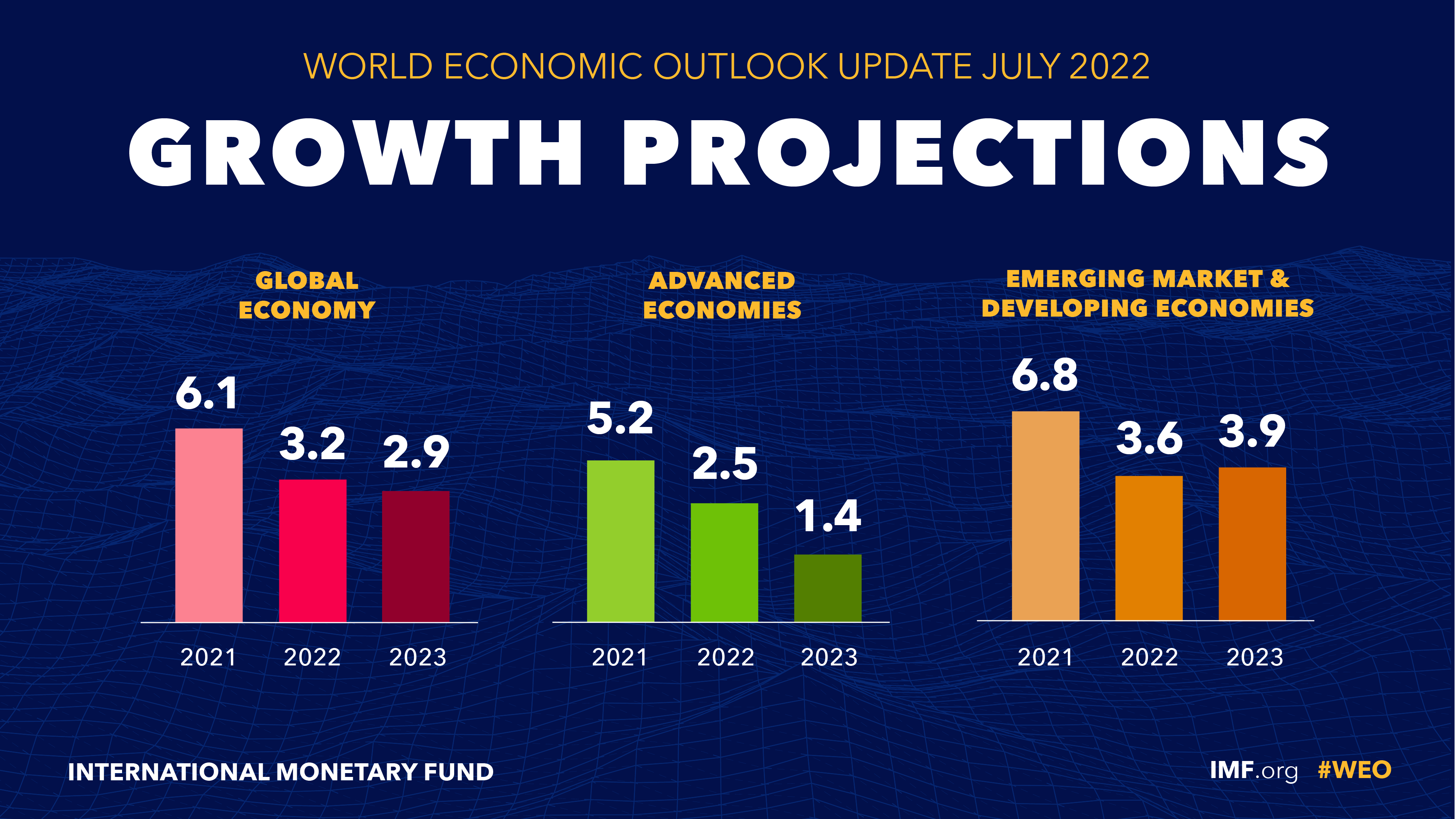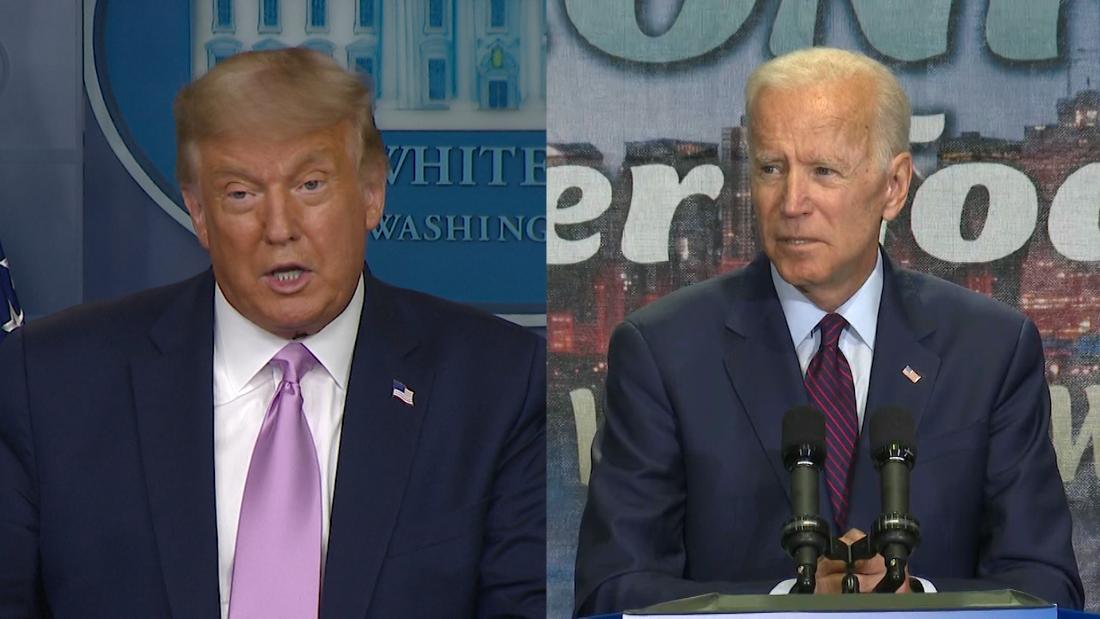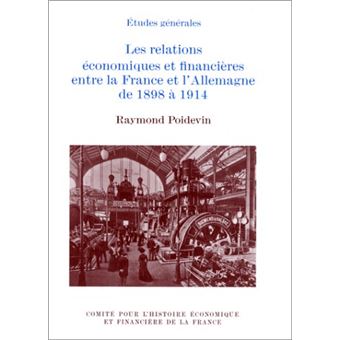Trump's Tariffs And The Global Economy: An IMF Warning

Table of Contents
The Trump administration's imposition of tariffs on various imported goods sent shockwaves through the global economy. This article examines the significant impact of these Trump tariffs, focusing on the warnings and analyses issued by the International Monetary Fund (IMF), a key player in monitoring and assessing global economic health. We'll delve into the specific consequences, exploring the IMF's perspective and predictions for the future of international trade in the wake of these protectionist measures.
The IMF's Critique of Trump's Protectionist Policies
The IMF has consistently advocated for free and open international trade, viewing protectionist policies like tariffs as detrimental to global economic growth. The organization believes that tariffs distort market mechanisms, reduce overall efficiency, and hinder innovation. The IMF's concerns regarding the negative effects of Trump's tariffs are well-documented in numerous reports and statements.
-
Key IMF Reports and Statements: The IMF's World Economic Outlook reports from 2018 and 2019, for example, highlighted the negative impact of escalating trade tensions, directly linking the Trump tariffs to reduced global trade and slower GDP growth. Statements from IMF officials, including the Managing Director, consistently criticized the protectionist approach.
-
IMF Predictions: The IMF predicted a significant reduction in global trade volume and a decrease in global GDP growth as a direct consequence of the Trump tariffs and the subsequent retaliatory measures. Their models showed a clear negative correlation between tariff increases and economic output.
-
Negatively Impacted Sectors: The agricultural sector, particularly in countries like China and the European Union, faced significant challenges due to retaliatory tariffs on agricultural exports. The manufacturing sector also suffered, experiencing disruptions to supply chains and reduced market access.
-
Ineffectiveness of Tariffs: The IMF argued that the Trump tariffs failed to achieve their stated goals of protecting domestic industries and boosting domestic production. Instead, they led to higher prices for consumers, harmed exporting businesses, and triggered retaliatory measures, ultimately worsening the situation.
Economic Consequences of Trump's Tariffs
The economic consequences of Trump's tariffs were far-reaching and demonstrably negative, significantly impacting global trade and specific industries.
Reduced Global Trade
The imposition of Trump tariffs led to a noticeable decline in global trade volumes.
-
Reduced Trade Between Specific Countries: Trade between the US and China, for instance, plummeted significantly following the imposition of tariffs on goods from both sides. Similar declines were observed in trade relationships between the US and other countries affected by the tariffs.
-
Disruption of Global Supply Chains: The tariffs created uncertainty and disruptions in global supply chains, forcing companies to re-evaluate their sourcing strategies and potentially leading to higher production costs.
-
Impact on Consumer Prices: Consumers faced higher prices for many goods as tariffs increased the cost of imported products. This had a particularly significant impact on lower-income households who spend a larger proportion of their income on essential goods.
Impact on Specific Industries
Certain sectors experienced disproportionately negative impacts from the Trump tariffs.
-
Impact on Employment: Industries heavily reliant on exports, such as agriculture and manufacturing, experienced job losses and reduced investment as a direct consequence of reduced market access and increased costs.
-
Rise in Consumer Prices: Consumers in the affected sectors faced higher prices for essential goods. For example, increased tariffs on steel and aluminum directly translated to higher prices for cars and construction materials.
-
Government Interventions: Some governments implemented support measures for affected industries, such as subsidies or financial aid, to mitigate the negative impacts of the tariffs. However, these measures often proved insufficient to fully offset the economic damage.
Retaliatory Tariffs and Trade Wars
Trump's tariffs triggered retaliatory measures from other countries, fueling a global trade war.
-
Examples of Retaliatory Tariffs: China, the European Union, and other countries responded by imposing their own tariffs on US goods, creating a cycle of escalating trade restrictions.
-
Negative Consequences of Trade Wars: These retaliatory tariffs further reduced global trade, harmed businesses on both sides, and increased uncertainty in the global economy.
-
Impact on International Relations: The trade war significantly damaged international relations and geopolitical stability, undermining trust and cooperation between nations.
The Long-Term Implications for the Global Economy
The long-term implications of Trump's tariffs extend beyond the immediate economic downturn.
-
Slower Economic Recovery: The trade war and its consequences created uncertainty and hindered investment, potentially slowing the pace of economic recovery following the global financial crisis.
-
Impact on Foreign Direct Investment (FDI): The uncertainty created by the trade war discouraged foreign direct investment, reducing capital flows and hindering economic growth in affected countries.
-
Damage to International Trust and Cooperation: The protectionist measures damaged international trust and cooperation, making it more difficult to address other global challenges requiring international collaboration.
-
Potential for Future Protectionist Measures: The Trump tariffs set a dangerous precedent, potentially encouraging other countries to adopt similar protectionist measures, further damaging the global trading system.
Conclusion
The IMF's analysis consistently highlights the detrimental effects of Trump's tariffs on the global economy. The imposition of these tariffs led to reduced global trade, disrupted supply chains, increased consumer prices, and fueled retaliatory measures, ultimately resulting in a global trade war. The long-term implications include slower economic recovery, reduced FDI, and damaged international cooperation. Understanding the consequences of protectionist policies like Trump's tariffs is crucial. Learn more about the dangers of protectionist trade policies and the crucial role of international cooperation to mitigate the devastating effects of future trade wars. Understand the long-term consequences of Trump's tariffs and advocate for policies that support global economic stability and growth.

Featured Posts
-
 Woman Children Survive Terrifying Manhole Explosion
Apr 23, 2025
Woman Children Survive Terrifying Manhole Explosion
Apr 23, 2025 -
 Carte Blanche L Impact De L Uvre De Dominique Carlach Sur L Art Contemporain
Apr 23, 2025
Carte Blanche L Impact De L Uvre De Dominique Carlach Sur L Art Contemporain
Apr 23, 2025 -
 Mtabet Asear Aldhhb Ser Sbykt 10 Jramat Fy Swq Alsaght Alathnyn 17 2 2025
Apr 23, 2025
Mtabet Asear Aldhhb Ser Sbykt 10 Jramat Fy Swq Alsaght Alathnyn 17 2 2025
Apr 23, 2025 -
 Trump And The Economy Fact Checking The Claims
Apr 23, 2025
Trump And The Economy Fact Checking The Claims
Apr 23, 2025 -
 Amandine Gerard Sur Les Relations Economiques Entre L Europe Et Les Marches Internationaux
Apr 23, 2025
Amandine Gerard Sur Les Relations Economiques Entre L Europe Et Les Marches Internationaux
Apr 23, 2025
